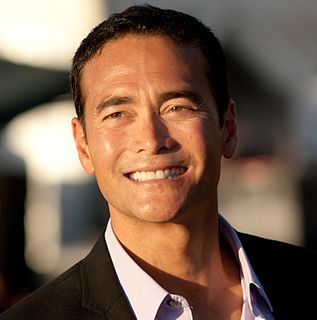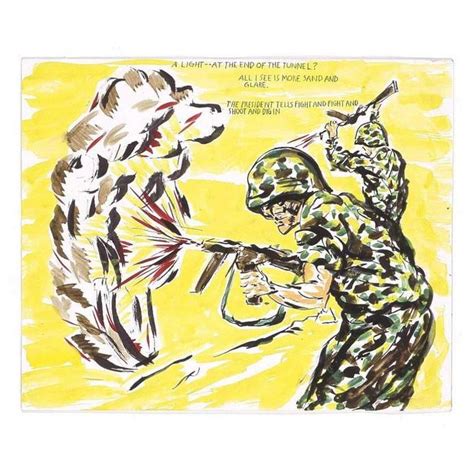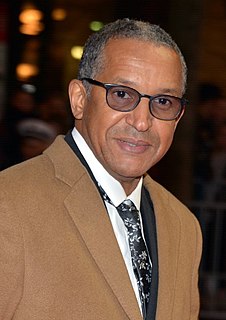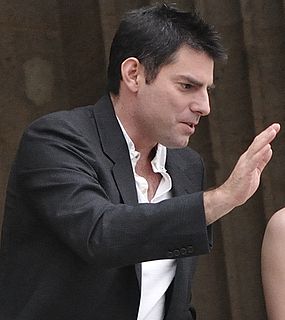A Quote by Anton Corbijn
I only make storyboards for action scenes. Once you make a storyboard, you don't film; it can be a stiff move.
Related Quotes
Of course there's a value in a storyboard if you do a big - let's say an action movie and actors have to move and act in front of a green screen because entire backgrounds exploding and cars flying through there have to be created separately, and in this case you better make sure the actors are precisely placed and the background action is moving in a certain moment, for this type of film you would need a storyboard.
I generally go into a movie with a very strong vision, with how I want to make the film, how I want to shoot the film, how I want to edit the movie, what I want the sound to sound like. So I have a very concrete idea even if I don't storyboard it, I know exactly what I want to do once I get into the sequence. Now having said that, I try not to let that slave me to the process. So if I do storyboard a sequence I don't necessarily stick to it if I discover more exciting things on set.
There are lots of guns and action in my drawings, and part of that is just to make them more interesting. Because you can go through a whole film and it's mostly talking heads and little else until the action scenes, and they're usually violence or physical stuff. Same with baseball, or any sport. Except I find pitching and batting are visually very striking.
I do have huge pressure in terms of making my animation, because a lot of audiences and producers are expecting me to make films with a lot of action. They all know that I'm very good at action scenes, but I tend to not use many, so they're all frustrated with me. But I do that intentionally. Yes, if I do a movie with a bunch of action, it's going to be a lot more successful than the types of movies I'm making right now. The producers often say, "Instead of using all these philosophical phrases, why don't you change this into an action scene?" But I intend to continue to make these movies.




































